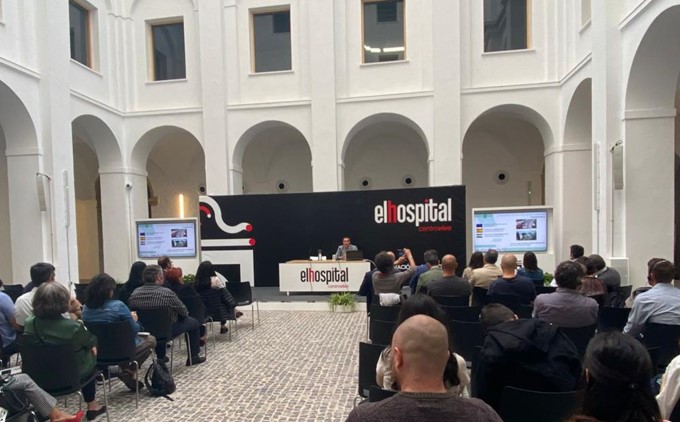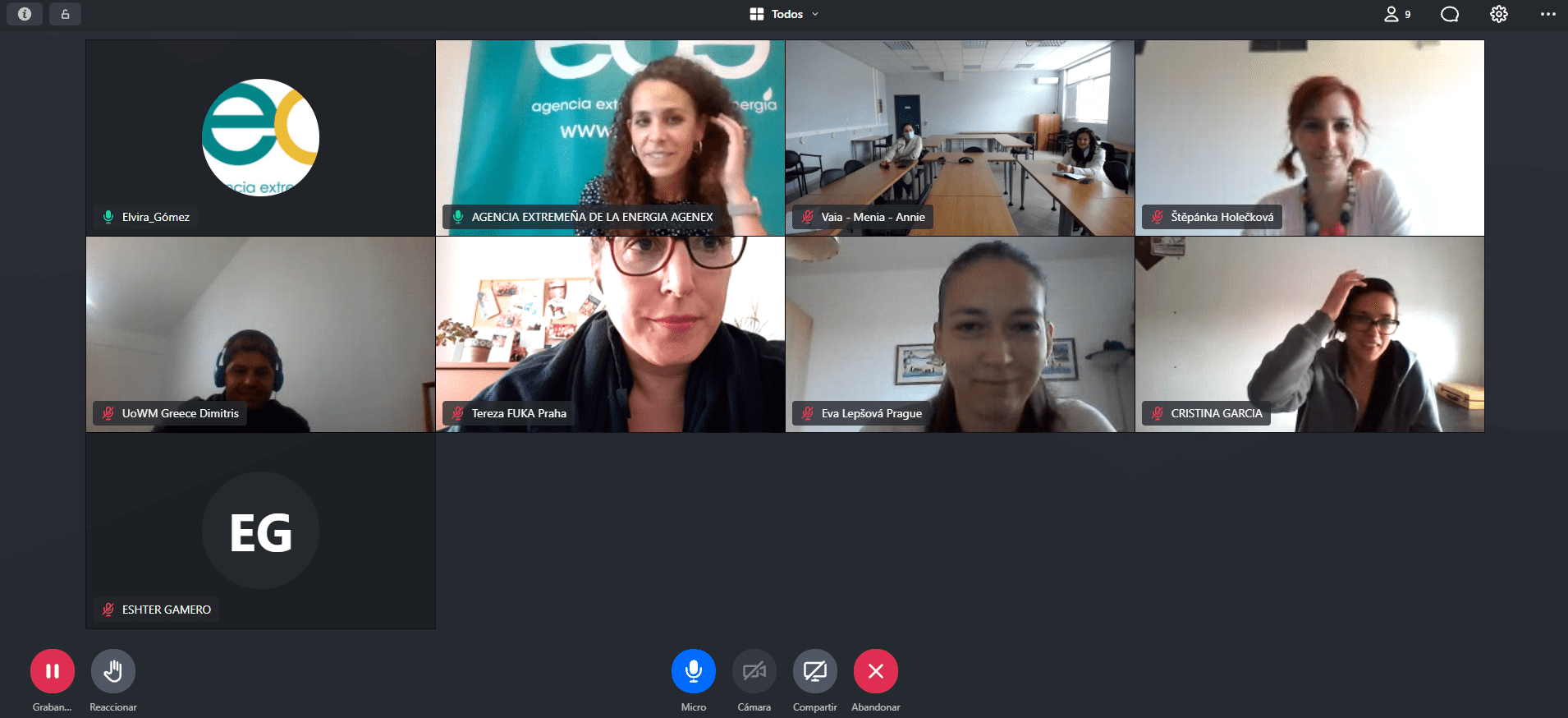The Extremadura Energy Agency, in collaboration with the Directorate General of Architecture of the Junta de Extremadura, organized last Friday at FICON (Iberian Construction Fair) a roundtable discussion on "The model of energy services in the integral rehabilitation of buildings".
The table, which is part of the European project FINERPOL - Financial Instruments for Energy Renewal policies, whose objective is to promote new policies that give financial support to the energy rehabilitation activity of buildings, was composed by José Timón Tiemblo, Technical Director of URVIPEXSA and moderator of the table, as well as the speakers José Luis Iglesias Sánchez, Manager of PYMECON, Pedro Pérez Francés, Manager of the Construction Labor Foundation in Extremadura, Javier Martínez Belotto, Project Manager of ANESE, and David Huete Maestre, Director of Business Development of Energy of Gamma Solutions.
Each of the speakers made a brief intervention on the current framework and perspectives of the integral rehabilitation in buildings, and offered a diagnosis of the ESE market (energy services companies) in Spain, making known the contribution of the same in the energy sector. Among the opportunities offered by the ESEs, the savings in the bill, the energy renovation of the facilities and a greater confidence in energy efficiency technologies were highlighted. On the contrary, it was pointed out that currently there is a distrust on the part of the client in this ESE model due to the little information that exists in this respect and some other barriers such as lack of financing and bureaucratic processes with complex contracts.
The analysis of the current situation in Extremadura highlighted the existence of a large housing stock that needs to be rehabilitated, a high percentage of housing protected families with families with limited resources to undertake any reform and an ageing population with difficulty accessing any type of loan when it comes to rehabilitating your home. The lack of subsidies and incentives to support this type of intervention, the role of banking or the need for a financial instrument that can support the energy rehabilitation activity of buildings were topics to be discussed. All present agreed on the need for the complete rehabilitation of buildings with the consequent reduction of CO2 emissions and also meet the deadlines imposed by the EU.
The event, which took place in an exhibition hall of FEVAL, in Don Benito, was attended by about 50 people, among whom where deputy staff, businessmen or board staff of Extremadura.









